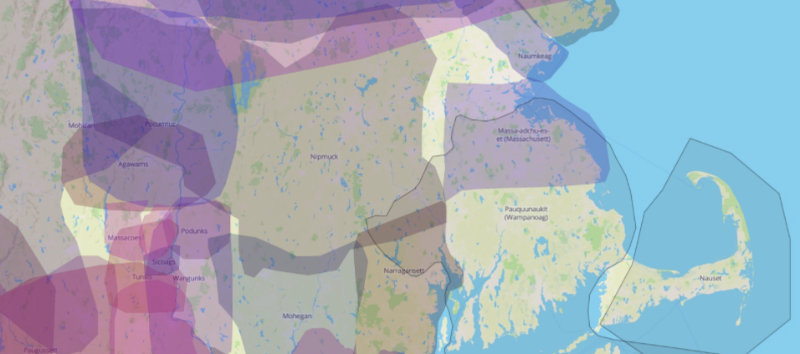Related to our mission, Regis College acknowledges that the land its campuses are on today are the original homelands of the Massachusett, Pennacook, Wabanaki Confederacy, and Pentucket tribal nations. We acknowledge the painful history of genocide and forced removal from this territory, and we honor and respect the many diverse Indigenous peoples still connected to this land on which we gather.
Source: Native Land
What is a Land Acknowledgment?
A land acknowledgement is a formal statement that recognizes and respects Indigenous Peoples as traditional stewards of this land and the enduring relationship that exists between Indigenous Peoples and their traditional territories.
Why do we Recognize the Land?
To recognize the land is an expression of gratitude and appreciation to those whose territory you reside on, and a way of honoring the Indigenous people who have been living and working on the land from time immemorial. It is important to understand the long-standing history that has brought you to reside on the land, and to seek to understand your place within that history.
Land acknowledgements do not exist in a past tense, or historical context: colonialism is a current ongoing process, and we need to build our mindfulness of our present participation. It is also worth noting that acknowledging the land is Indigenous protocol.
Resources
North American Indian Center of Boston (NAICOB)
